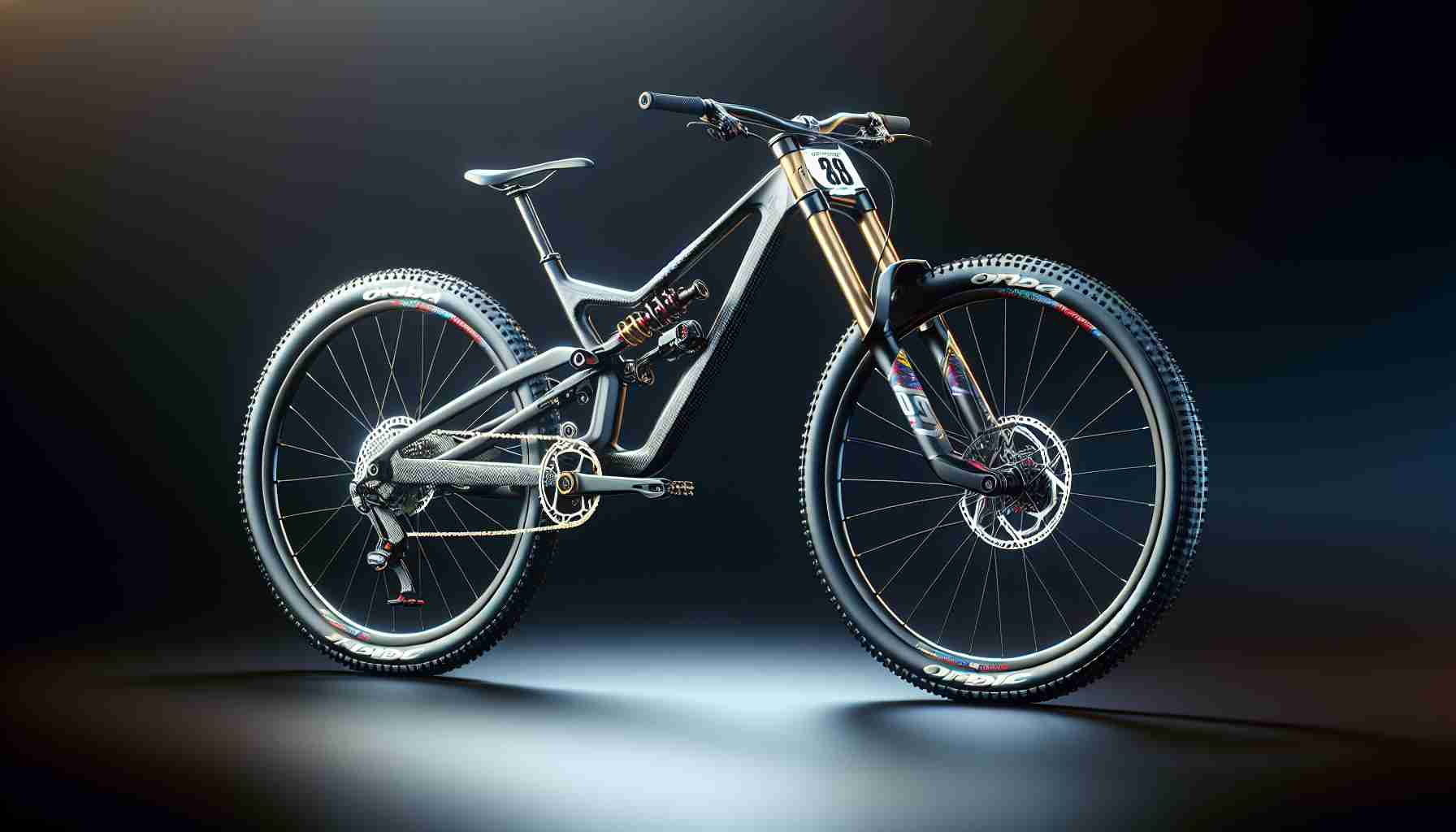As the automotive industry shifts towards electrification, the demand for innovative battery technologies is more pronounced than ever. Among the key players in this transition, Toyota has made significant strides in developing solid state batteries, a technology expected to revolutionize electric vehicles (EVs). In this article, we will explore the advancements Toyota is making in solid state batteries and when consumers might expect to see these technologies on the market.
Toyota has been at the forefront of hybrid technology for decades, and their commitment to electrification is equally robust. Solid state batteries promise several advantages over current lithium-ion batteries, including increased energy density, faster charging times, and enhanced safety due to the elimination of flammable liquid electrolytes. This aligns perfectly with Toyota’s vision for the future of mobility, which includes more efficient and reliable vehicle energy sources.
The development of solid state batteries at Toyota has progressed rapidly in recent years. The company has reported that they are nearing the prototype stage, with breakthroughs in materials and manufacturing processes. By 2025, Toyota aims to have solid state batteries in mass production, signaling a significant milestone in their development timeline. This production will initially target Toyota’s electric vehicles, enabling them to achieve longer ranges and quicker charging capabilities—key factors that consumers prioritize.
One of the primary challenges Toyota faces is scaling up production while maintaining quality and performance standards. The process of transitioning from small-scale prototypes to mass production of solid state batteries involves overcoming technical hurdles related to manufacturing consistency and cost-efficiency. However, Toyota has allocated substantial resources towards research and development, demonstrating their commitment to this technology’s success.
In addition to technological advancements, partnerships will also play a crucial role in the introduction of solid state batteries. Toyota has been collaborating with various research institutions and companies to enhance their R&D capabilities and access cutting-edge technologies. These collaborations are fundamental to accelerating the development process, ultimately leading to a more robust and scalable battery solution.
As we look to the future, Toyota’s solid state batteries could become a game-changer in the EV market. Consumers can expect to see the first applications of these batteries in next-generation models around 2025. This timeline suggests that by the latter half of the decade, solid state technology may begin to permeate the market, providing an enticing option for environmentally conscious consumers seeking improved electric vehicle performance.
In conclusion, Toyota’s focus on solid state battery technology marks an important shift in the EV landscape. With projected mass production by 2025, this innovative technology could redefine the standards for battery performance and safety. As Toyota continues to invest in this endeavor, the automotive industry may soon witness the transformational impact of solid state batteries, making electric vehicles more accessible and efficient for everyone. Stay tuned as we monitor innovations and updates from Toyota, paving the way for the future of sustainable transportation.
Tips and Life Hacks for Understanding Electric Vehicle Innovations
As the automotive industry embarks on a transformative journey toward electrification, keeping up with the latest advancements can enhance your understanding and appreciation of electric vehicles (EVs). Here are some tips, life hacks, and interesting facts related to the advancements in battery technology, particularly Toyota’s impressive strides in solid state batteries.
1. Stay Informed through Reputable Sources:
To keep up-to-date with the latest in EV technology, follow reliable automotive news websites, journals, and official press releases from manufacturers like Toyota. This will help you understand trends and the implications of new technologies on the market. For detailed insights, you might explore Toyota’s official website.
2. Understand Battery Technology Basics:
Familiarize yourself with key concepts such as energy density, charging cycles, and the differences between lithium-ion and solid state batteries. Understanding these terms can help you grasp the benefits and challenges of new technologies. Look for online courses or educational videos to enhance your knowledge.
3. Know the Environmental Impact:
Research how solid state batteries can contribute to a more sustainable future. Their reduced use of harmful materials and improved lifecycle could make a significant difference in how we measure the environmental impact of EVs compared to traditional combustion engines.
4. Engage with the EV Community:
Join online forums or local groups dedicated to electric vehicles. Sharing experiences and knowledge with other enthusiasts can provide insights into the latest technologies and help demystify the intricacies of battery systems.
5. Keep an Eye on Release Dates:
For enthusiasts eagerly awaiting new technologies, like Toyota’s solid state batteries, tracking announcements regarding prototype testing and production timelines can keep you informed. Set reminders for major auto shows where manufacturers often unveil their latest innovations.
6. Explore Test Drive Opportunities:
Many dealerships are beginning to offer electric vehicles for test drives. Experiencing an EV firsthand can give you a clearer picture of their performance, particularly as manufacturers begin integrating solid state batteries into their models.
7. Utilize Apps for EV Management:
Download apps designed for EV owners that provide information on charging station locations, battery status, and energy consumption. These tools can help you maximize your EV’s efficiency.
8. Follow Collaborative Efforts:
Stay updated on partnerships between automotive manufacturers and tech companies as they navigate the complexities of battery production and innovation. These collaborations often yield significant advancements and may influence the release of new technologies like solid state batteries.
9. Anticipate Evolution in EV Market:
With solid state batteries becoming more mainstream, anticipate changes in the EV market dynamics, including longer ranges and reduced charging times. This shift could influence your next vehicle purchase.
10. Understand Government Policies:
Keep abreast of policies and incentives from governments encouraging the use of electric vehicles. These can affect prices, availability, and infrastructure development crucial for EV adoption.
By embracing these tips and hacks, you can become more informed and engaged in the rapidly evolving world of electric vehicles. Stay curious and proactive, and you’ll be well-prepared for the automotive innovations that lie ahead. For more insights into Toyota’s initiatives and products, visit Toyota’s official website.
The article has been updated: 2024-11-06 02:30
Here are some suggested related links:
1. Toyota Official Website – Discover Toyota’s latest innovations and developments in automotive technology, including their advancements in battery technology.
2. U.S. Department of Energy – Explore the U.S. Department of Energy’s resources on energy storage technologies and solid-state batteries.
3. Battery University – Learn about different types of batteries, including solid-state technology, and stay informed on battery research and developments.
4. Electrek – Stay updated on news and developments in electric vehicles, including the latest breakthroughs in battery technology.
5. Green Car Reports – Get insights on the latest trends in green automotive technology and follow the advancements of solid-state batteries in the automotive industry.
The article has been updated: 2024-11-06 14:52
When can we expect to see Toyota’s solid-state batteries in vehicles?
Toyota has indicated that they are aiming for the commercial launch of their solid-state batteries around 2025. These advanced batteries promise to offer higher energy density and faster charging times compared to traditional lithium-ion batteries, and Toyota is actively working on overcoming the manufacturing and scalability challenges to bring these innovative batteries to market.















